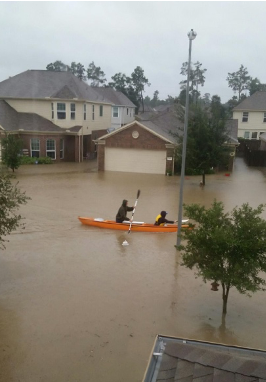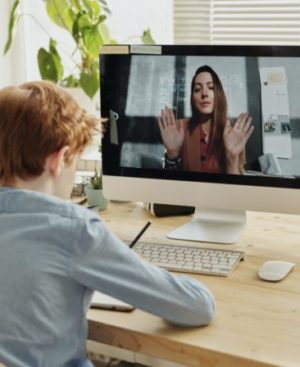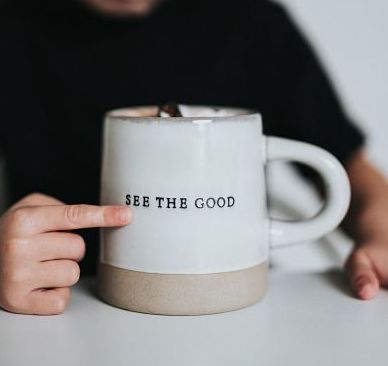As I argued in my previous post, “Love Thy Neighbor,” I believe that thinking of the groups we are in, such as our neighborhood, county, or even country—thinking of them as a family helps us land on sensible and heartfelt decisions regarding political beliefs.
If we think of the United States of America as a family, then its characteristics, strengths, weaknesses, and parameters will also look like those elements of a family.
So, what does a family look like? The family lives in a house. The house has doors for entering and exiting and windows through which we see the world. The family members are made up of a variety of people. Some have brown hair; some have blond hair; and some have no hair! Some are fun-loving and some are melancholy. The point is diversity is common in a family.
There are some characteristics that are more difficult regarding families. Those doors on the house sometimes get locked—not always, but often at night, leaders of the family fasten the bolt to prevent thieves and unwanted folk from coming in and hurting the home and the family members. These people have not been given permission to come in: they do harm and therefore must be prevented from disrupting the peaceful, healthy, and dynamic life going on within the house.
Furthermore, some family members cause their own problems for families, such as not pulling their own weight in terms of work or getting involved in things the family does not value. In these cases, sometimes family members must themselves be disciplined or have limited access to other, more productive family members to keep them safe.
So how does this apply to our nation? Well, our family—our nation—has characteristics, strengths, weaknesses, and parameters. We Americans are known for our outgoingness, independence, and genuineness. We are wealthy as a nation and generous to other nations. We are also bossy and loud, especially when we visit other nations that tend to be less open in public communication. Finally, like other nations, we have parameters: We have a northern border with Canada, a southern border with Mexico, and the Pacific and Atlantic oceans are barriers on our western and eastern shores, respectively. These parameters serve as the exterior walls of our home, but our nation also has doors and windows through which we see the world, invite the world in, and limit the world from entering. Above all, we as Americans do not want thieves or unwelcome folk entering our home to hurt the family members, the residents of our home, our nation.
You know what’s coming: Hang with me here! How can we, as a family, ensure that admirable characteristics, strengths, and healthy parameters continue? Specifically, how do we ensure that we can allow friends to visit or even live in our home who will fit into our family and bring strengths to us and be beneficial? I don’t have all the answers to these questions, but I do know that if we consider the United States as a family, we can make political decisions that can better ensure that all of our residents are safe, happy, productive, and are helping to advance the goals of our family.
We as residents and citizens—Americans—must consider not only how to welcome people from other lands whose dream it is to be an American but also how to prevent those unwelcome and harmful folk who also want to enter our home—but to do ill. How do we Americans navigate the world of immigration? I argue that our decision-making as a nation regarding this longstanding and important topic—and in many ways uniquely American—MUST be in terms of thinking of our home, the United States of America, as a family. Considering our family first—as each of us does on a daily basis in our actual physical home—is the only way we can truly have a national conversation about this issue.
As I said, I don’t have all the answers. I know the analogy breaks down. However, being a part of a family and keeping it safe is of the utmost importance to every one of us. Every one of us Americans wants good things for our family.
The United States is a family. ~nja




